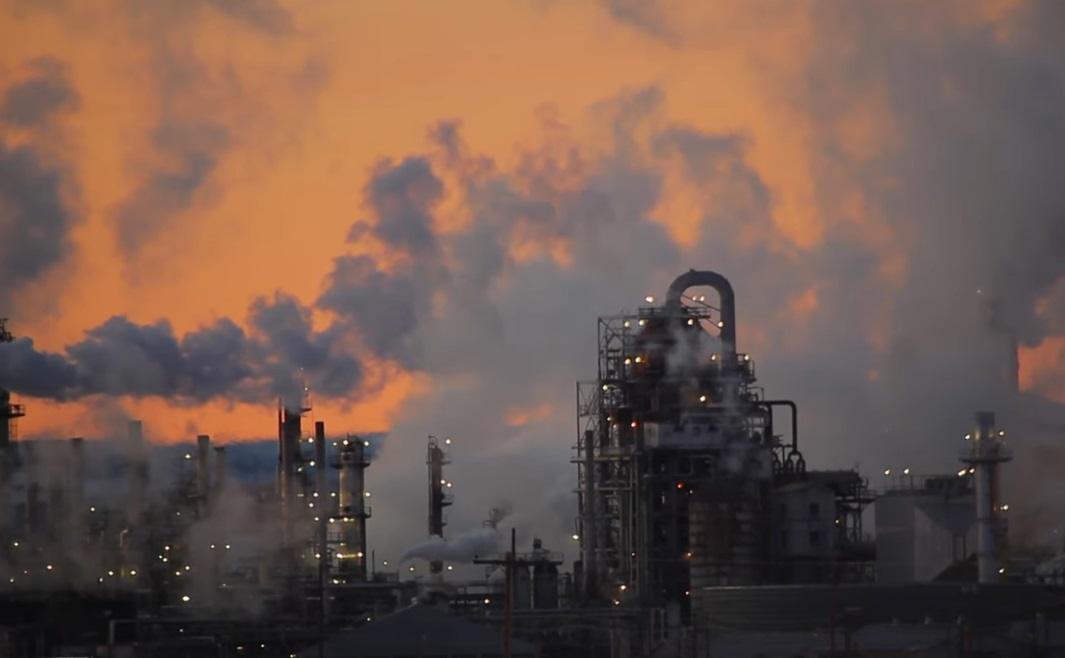EPA Proposes Scrapping GHG Emissions Standards for Power Plants
The U.S. Environmental Protection Agency (EPA) announced a proposal to repeal a series of regulations aimed at reducing greenhouse gas emissions and pollution from fossil fuel-based power plants, arguing that GHG emissions from power plants “do not contribute significantly to dangerous air pollution” within the scope of the underlying regulation.
According to a 2022 EPA estimate, the electric power sector accounts for approximately 25% of U.S. greenhouse gas emissions.
The proposals mark the latest in a series of moves by the Trump administration to ease regulations on the fossil fuel energy sector, and to reverse the Biden administration’s efforts to shift investment towards clean energy and decarbonization projects.
In a statement announcing the proposals, the EPA said:
“These Biden-era regulations have imposed massive costs on coal-, oil-, and gas-fired power plants, raising the cost of living for American families, imperiling the reliability of our electric grid, and limiting American energy prosperity.”
The regulations targeted by the agency include the Biden and Obama-era GHG emissions standards under the Clean Air Act, and the 2024 Mercury and Air Toxics Standards’ (MATS) mercury and particulate matter standards for coal-fired plants.
In 2015, under the Obama administration, the EPA implemented the Clean Power Plan to regulate limits for CO2 emissions from coal and natural gas power plants, using its authority under the Clean Air Act, which allowed the agency to take actions to address air pollution problems. The move was designed to promote a shift away from coal to cleaner power sources, such as natural gas and renewables.
The Supreme Court ruled in 2022, however, that the EPA did not have the authority to devise emissions caps to promote a shift from high-emissions to low-emissions energy generation sources. Following the ruling, the Biden administration EPA introduced new standards requiring more CO2 emissions controls to be put in place at fossil fuel-fired power plants, and introducing carbon capture and storage (CCS) requirements for the plants.
Under the new proposals, the EPA is moving to repeal the 2015 emissions standards for new fossil fuel-fired power plants and the Biden administration’s new rules. The EPA said that the rules’ targeted emissions are global in nature, rather than air pollutants with a regional or local impact, and that health harms from the GHG emissions “have not been accurately attributed to emissions from the U.S. power sector.” Additionally, the EPA added that it is proposing that fossil fuel power plant GHG emissions “do not contribute significantly to dangerous air pollution within the meaning of the statute.”
The EPA added that the proposed repeal would save the power sector approximately $1.2 billion per year, in regulatory costs, or $19 billion over two decades.
Additionally, the EPA said that it is proposing to 2024 amendments to MATS, including more stringent particulate matter emissions and mercury emissions standards for coal plants, and a requirement for continuous monitoring for emissions, which the agency said would save $1.2 billion in regulatory costs over a decade.
Sustainability-focused groups attacked the new proposals. Shaun Goho, legal director at Clean Air Task Force (CATF), said:
“These regressive proposals are bad for public health and bad for climate, all to prop up some of the highest polluting power plants in the nation. These standards were put in place for a reason – to fulfill the EPA’s legal obligations to protect public health and the environment from harmful pollution by using the most up-to-date technical and scientific evidence. And the science is clear: if EPA is successful in its repeal of these regulations, the American people will suffer the consequences.”





